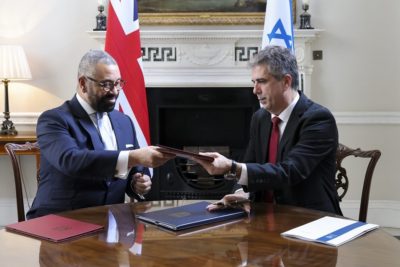Multicultural Britain rejecting foreign conflict, MoD admits
Guardian
Repeat of Afghanistan-or-Iraq-style invasion ruled out for war-weary UK, according to senior officials
A growing reluctance in an increasingly multicultural Britain to see UK troops deployed on the ground in future operations abroad is influencing the next two strategic defence reviews, according to senior figures at the Ministry of Defence.
As well as a general feeling of war weariness, sources say they have sensed a resistance in an increasingly diverse nation to see British troops deployed in countries from which UK citizens, or their families, once came.
There is also concern that British troops have been seen taking action mainly in Muslim societies.
The MoD is still taking stock of the surprise decision of the House of Commons last summer to reject military intervention to punish President Assad of Syria for the use of chemical weapons against rebel forces.
Senior figures believe the rejection of that action was not just the by-product of a political battle between Labour and the government, but revealed deeper-seated long-term trends in British society.
One of the issues raised is improving the recruitment of British officers from minority ethnic communities.
Sources stress that they do not believe that a change in attitudes rules out overseas British intervention, but more will have to be planned on the basis of air and naval activity, rather than large-scale use of troops on the ground.
Future configurations would make the recent intervention in Libya possible, or the kind of relatively small-scale operations recently being undertaken by the French military in Africa last year, but not a repeat of Afghanistan or Iraq.
The sources cite a long-term weariness in the British population and the widespread perception that both Iraq and Afghanistan have not been worthwhile.
David Cameron has said British troops can return from Afghanistan with their heads held high at the end of this year, but polls suggest the war has become increasingly unpopular.
Ministers maintain that this high-level analysis about the decline of British militarism does not mean the army should be reduced further than the cuts due to be announced by the army on Thursday, when 1,400 more troops are expected to lose their jobs.
Ministers are also bracing themselves for strong criticism, probably this summer, by the marathon inquiry conducted by Sir John Chilcott over the UK’s conduct in the run- up to the Iraq war in 2003.
See more: military in society, public relations










